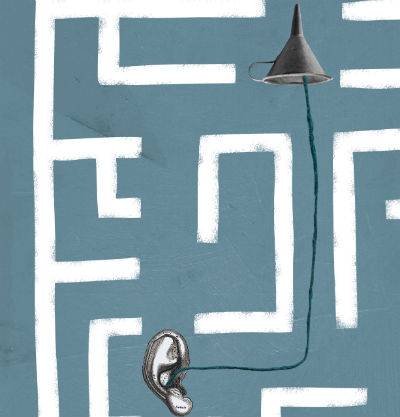Submitted by basma on
This report is part of CRIN's access to justice for children project, looking at the status of the Convention on the Rights of the Child (CRC) in national law, the status of children involved in legal proceedings, the legal means to challenge violations of children’s rights and the practical considerations involved in challenging violations.
The Netherlands ratified the Convention on the Rights of the Child (CRC) in 1995. The Constitution of the Netherlands provides that the CRC automatically becomes part of the national law after publication, and international treaties duly ratified take precedence over national law. However, the Netherlands maintains reservations with respect to Articles 26, 27 and 40 of the CRC. A child may carry out legal acts in court with the consent of his or her legal representative, who is assumed to be the child’s parent or guardian. Children do not have a specific right to legal aid. In criminal settings, victims of rights violations are dependent on governmental authorities to initiate proceedings. The Dutch Supreme Court can in principle rule that a provision of Dutch law is invalid if it contravenes any part of the CRC. Non-governmental organisations have standing to file challenges to potential children’s rights violations or to intervene if they can prove they are suitable to represent the interests of the children.

